To improve financial knowledge for farmers, the Banking Strategy Institute under the State Bank of Vietnam, in collaboration with the Rural Development Support Fund and Sacombank, experts and scientists compiled the book series "Personal financial management for farmers".
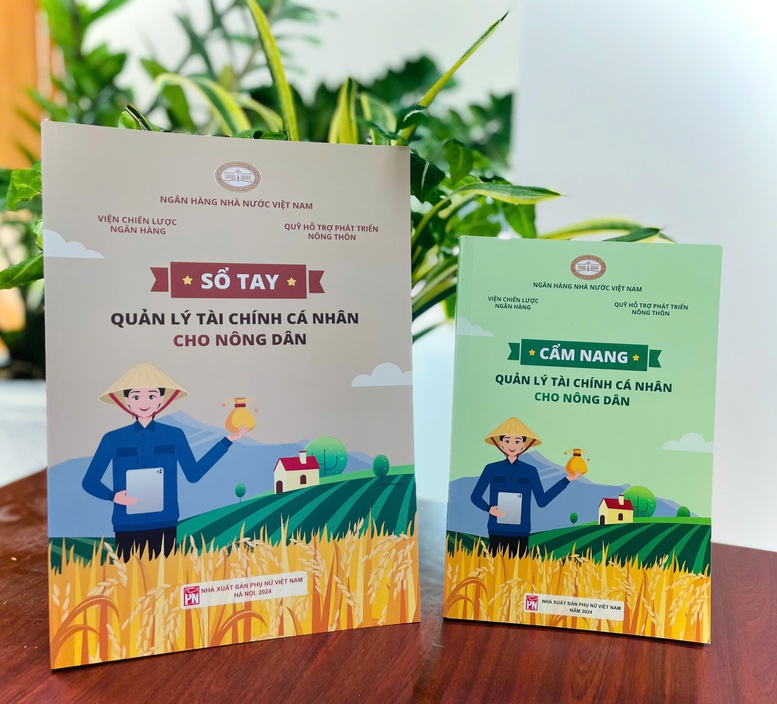
Useful books for farmers - Photo: VGP/Lan Khanh
Practices in many countries have confirmed that financial education is an important pillar to promote financial inclusion. Decision No. 149/QD-TTg dated January 20, 2020 of the Prime Minister on approving the National Financial Inclusion Strategy to 2025, with a vision to 2030 (Financial Inclusion Strategy) has set five specific goals, including "improving financial literacy for people and businesses, ensuring that people and businesses have appropriate knowledge, skills, attitudes, and behaviors in choosing and using financial products and services". In a country with an agricultural economy, with over 60% of the rural population and nearly 30% of the workforce working in agriculture, Vietnamese farmers are the subject and center of the agricultural development process, playing a strategic role in the country's industrialization and modernization. Farmers are also an important beneficiary of comprehensive financial development. With the characteristic of limited understanding of financial products and services of a large number of farmers, mainly due to lack of knowledge and practice in using financial products and services, enhancing financial education and personal financial management for farmers is an important solution to achieve the national comprehensive financial goal. Performing the role of building, deploying and supervising the implementation of the Comprehensive Financial Strategy, the Banking Strategy Institute under the State Bank of Vietnam is the focal point, coordinating with the Rural Development Support Fund and Saigon Thuong Tin Commercial Joint Stock Bank (Sacombank), experts and scientists to compile the book series "Personal Financial Management for Farmers", consisting of two volumes, aiming to accompany farmers and contribute to the implementation of the comprehensive financial goal. The first book, "Personal Financial Management Handbook for Farmers", contains in-depth specialized knowledge, suitable for researchers and lecturers. The handbook provides detailed information related to personal finance (earning money, using money and protecting money); personal financial management activities (managing income, spending, budgeting, saving and investing, borrowing and risk). The handbook also devotes a chapter to building a two-step journey including setting goals; creating and implementing financial plans both short-term and long-term, which are specific to each journey and important milestone in each individual's life. The "Personal Financial Management Handbook for Farmers" briefly and concisely summarizes the basic knowledge to remember when managing personal finances from the content of the Handbook. The handbook is designed in a colorful, lively way with suggested questions, typical case studies, easy to understand, easy to remember, suitable for farmers. Not only limited to the scope of researchers, lecturers and farmers, the book series is also a useful reference for banks and microfinance institutions on customer needs, a basis to support the process of building and deploying appropriate financial management products, services and solutions, meeting the needs of customers who are farmers. During the compilation process, the Banking Strategy Institute received support and valuable contributions from Sacombank. As a bank whose business activities always closely follow the target subjects of comprehensive finance, Sacombank has always been proactive and active in developing financial management products and services to meet the needs from basic to modern for customers who are farmers. Sacombank has provided a wide range of traditional banking services, creating conditions for financial inclusion target groups to access and use basic financial services such as opening and managing payment accounts, money transfers, savings, credit, bill payments, insurance premium payments and public services, etc. Sacombank provides online payment accounts to quickly meet transaction needs anytime, anywhere, linked with ATM cards for social welfare beneficiaries, the poor and vulnerable groups. In parallel with traditional banking products, Sacombank has promoted digitalization of services and deployed non-cash payment solutions to help customers proactively manage their personal finances as well as make financial transactions anytime, anywhere through the Sacombank Pay digital banking application. Digital banking platforms are designed with a friendly interface, simple and convenient operations to enhance the customer experience and shorten transaction time without having to go directly to the transaction counter. Sacombank has been cooperating with payment partners, organizations and associations in rural areas to promote and market basic banking products and services to customers such as payment accounts/cards, Sacombank Pay application, and at the same time, restructuring the network of transaction offices, ATM systems and payment acceptance units to optimize and develop distribution channels to expand the supply of low-cost, convenient, safe and suitable products and services for use in rural, remote and isolated areas. In addition, Sacombank has also made efforts to strengthen preventive measures and ensure security and safety of banking operations, ensure compliance with legal regulations and help minimize fraud risks when making online payments, enhance financial protection and risk management for vulnerable customers. In developing and implementing programs to improve people's financial literacy, Sacombank is also an active unit working with state management agencies and other relevant organizations to convey financial knowledge and personal financial management to customers, especially farmers. It can be said that improving understanding and increasing the use of financial services and financial management for farmers in particular and people in general always requires the cooperation and companionship of all parties from state management agencies, socio-political organizations to credit institutions and payment intermediaries, etc. The proactive, active and responsible participation of all parties will bring positive results, contributing to the implementation of the national financial inclusion goal according to Decision No. 149/QD-TTg dated January 20, 2020 of the Prime Minister until 2025, with a vision to 2030./. Source: https://baochinhphu.vn/nang-cao-hieu-biet-tai-chinh-cho-nguoi-nong-dan-102250117160555122.htm


![[Photo] Third meeting of the Organizing Subcommittee serving the 14th National Party Congress](https://vstatic.vietnam.vn/vietnam/resource/IMAGE/2025/4/2/3f342a185e714df58aad8c0fc08e4af2)
![[Photo] Close-up of Vietnam's sniffer dog team searching for earthquake victims in Myanmar](https://vstatic.vietnam.vn/vietnam/resource/IMAGE/2025/4/1/d4949a0510ba40af93a15359b5450df2)
![[Photo] Relatives of victims of the earthquake in Myanmar were moved and grateful to the rescue team of the Vietnamese Ministry of National Defense.](https://vstatic.vietnam.vn/vietnam/resource/IMAGE/2025/4/2/aa6a37e9b59543dfb0ddc7f44162a7a7)


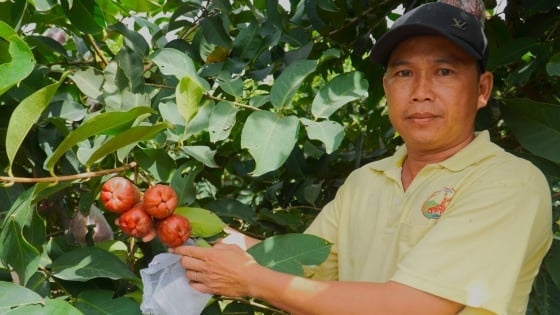

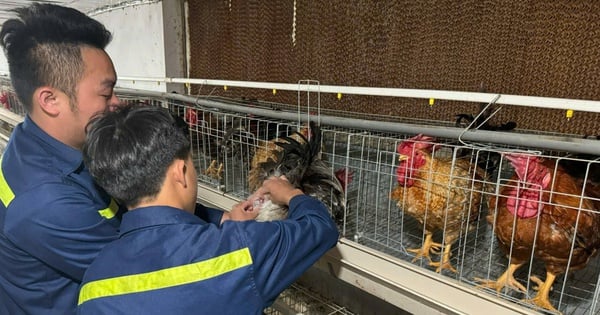

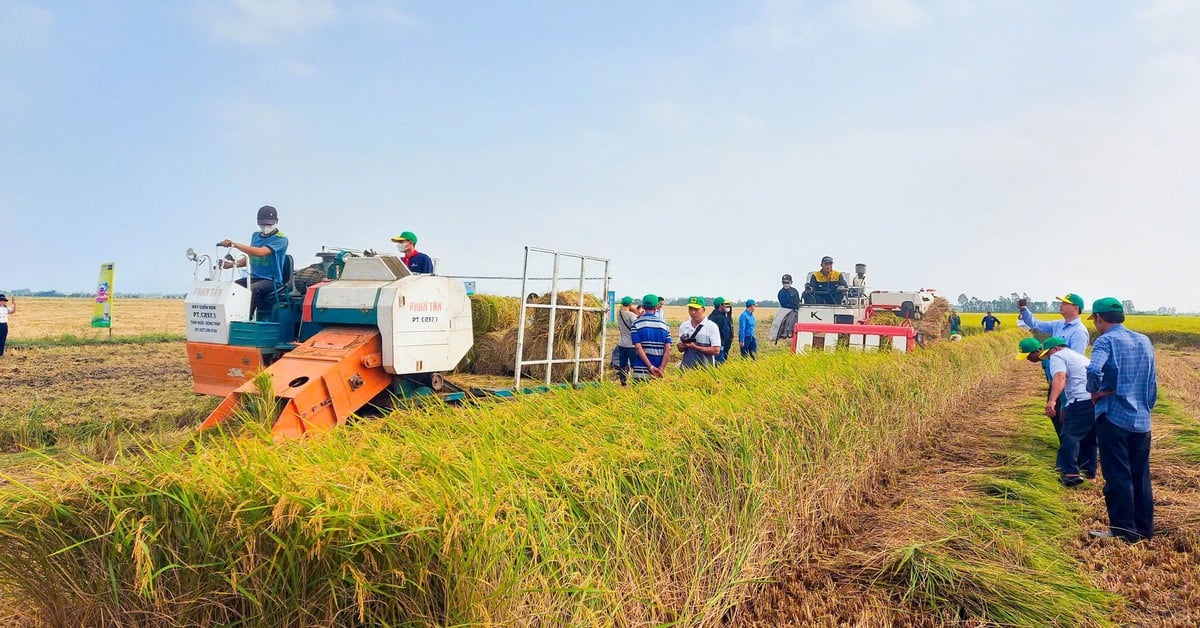

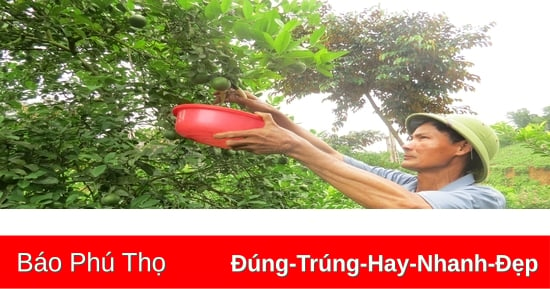

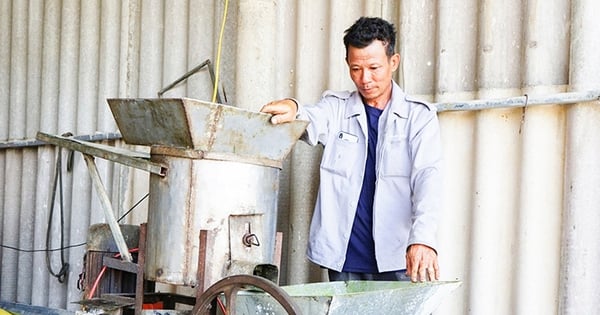
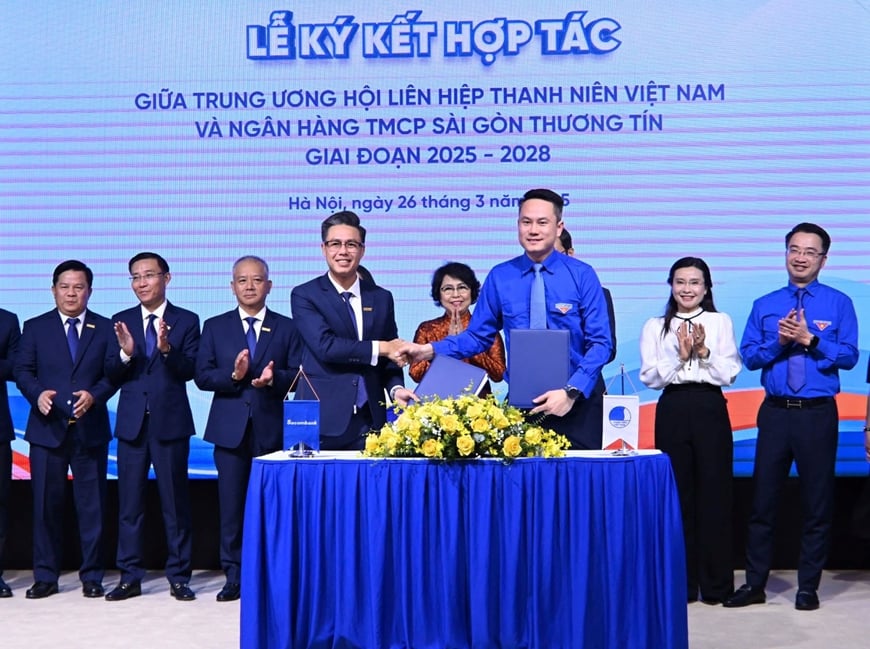





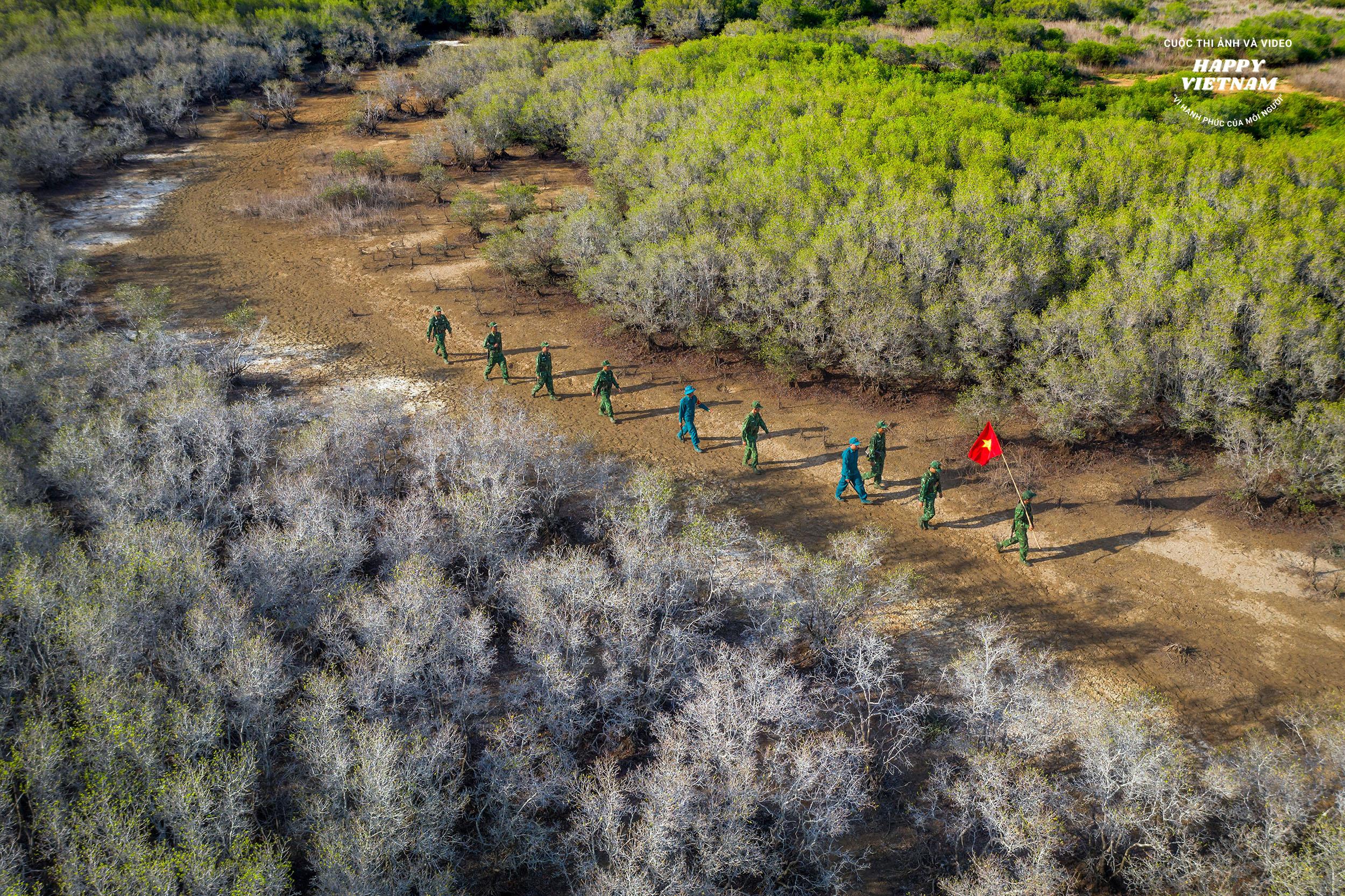






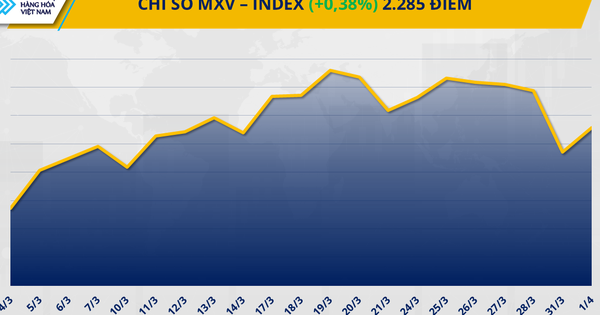
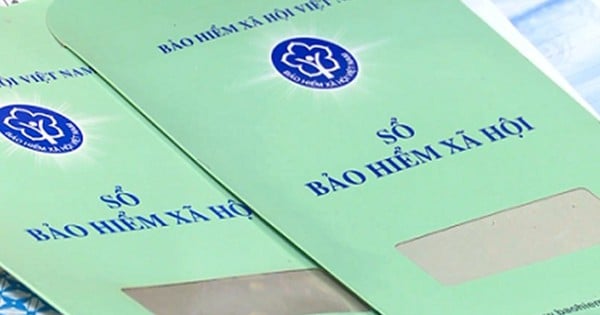
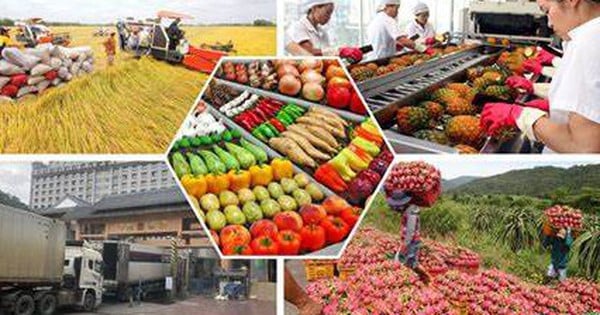
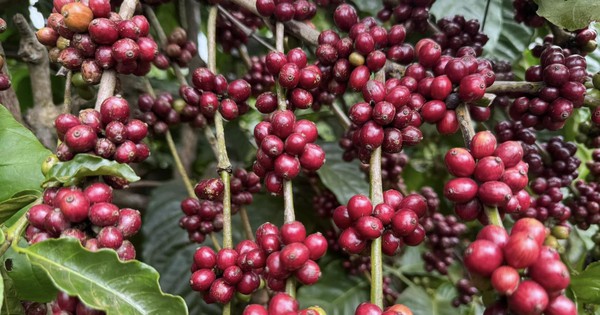






























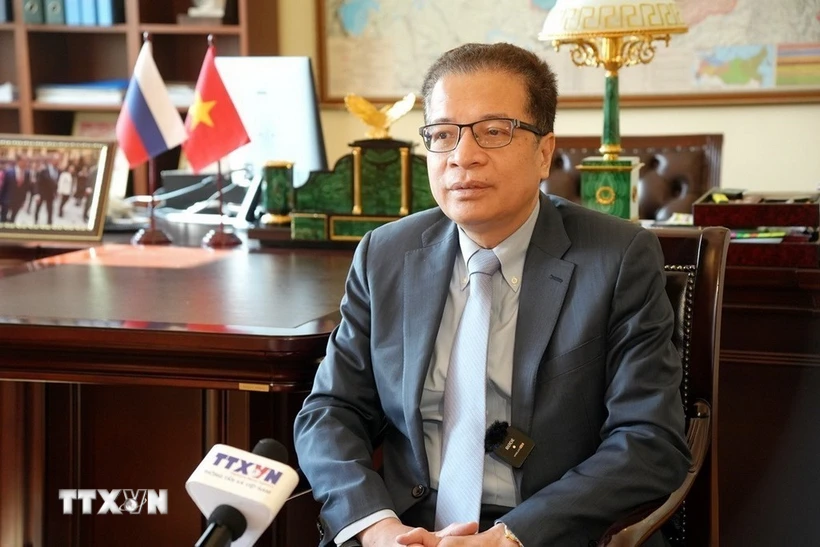
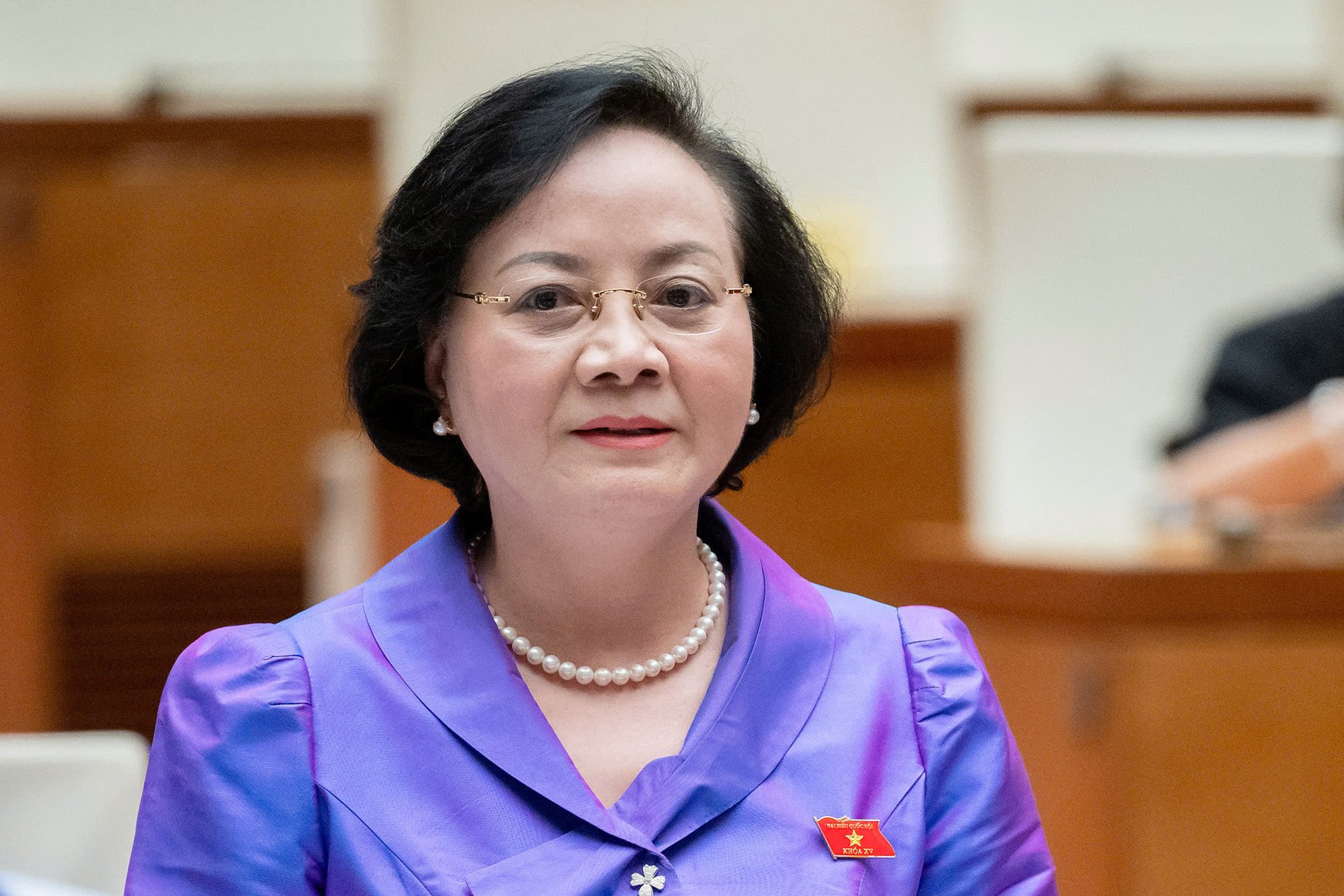












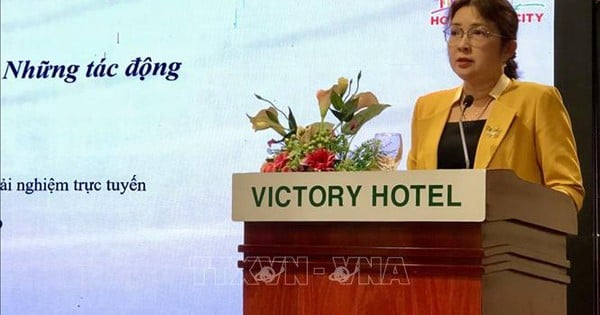





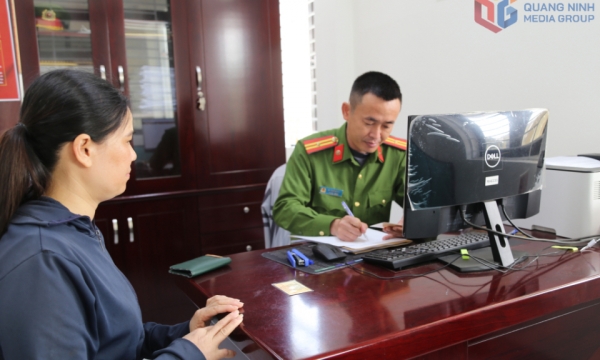













Comment (0)